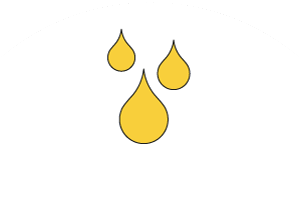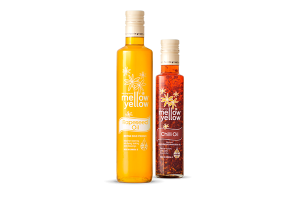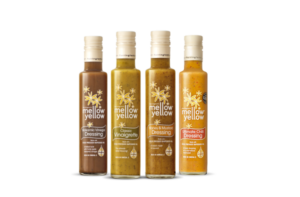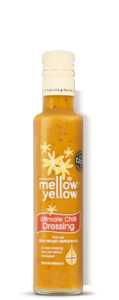
Introduction to healthy Fats
With increasing interest in different types of healthy fats and an abundant choice available in the shops, here The British Nutrition Foundation (www.nutrition.org.uk) give a brief introduction to what the different terms mean.
You may have seen headlines recently suggesting that dietary recommendations have been wrong and saturated fat isn’t bad for health. Most experts don’t agree with this view! High intakes of saturated fat have been shown to raise levels of ‘bad’ (LDL) cholesterol in the blood. High blood cholesterol increases the risk of developing heart disease and stroke by building up in our arteries causing them to narrow. It is best to eat foods that contain less saturated fat and more unsaturated (monounsaturated and polyunsaturated) fats as this has been found to reduce blood cholesterol levels.
All foods contain a mixture of different types of fat but some have a higher proportion of saturated fat than others.
Which foods are high in saturated fat?
Fatty meats, full fat dairy products, coconut oil, lard, dripping, ghee, palm oil and some pre-prepared foods such as cakes, biscuits and desserts can contain high amounts of saturated fat.
Which foods are high in unsaturated fat?
Avocados, rapeseed oil/spreads, olives, olive oil/spreads, peanut oil, nuts and nut butters are high in monounsaturated fat. Seeds, corn oil, sesame oil, soya oil, sunflower oil, linseed (flaxseed) oil and walnut oil, and spreads made from these, contain high amounts of polyunsaturated fat. Oily fish (such as herring, mackerel, sardines, salmon, trout, kippers and fresh tuna) contain long chain omega 3 fats which have been linked to health benefits such as decreasing the risk of heart disease and are also important for women who are pregnant and breastfeeding as these fatty acids can help the baby’s development.
The Department of Health recommends that adults aim to eat at least two portions of fish per week, one of which should be oily.
What about trans fats?
Trans fats are naturally present in small amounts in meat and dairy products and are produced during the partial hydrogenation of vegetable oils. These fats been shown to raise levels of ‘bad’ (LDL) blood cholesterol and also lower levels of ‘good’ (HDL) blood cholesterol which means that they are thought to be more detrimental to health than saturated fats.
Changes have been made in manufacturing practices in recent years to remove these fats from our food, for example fat spreads sold in the UK do not now contain partially hydrogenated vegetable oils. This has meant that average intake of trans fats in the UK diet is now 0.7% of food energy, well below the recommended limit of 2%, and many foods are now free of trans fats.

 Oils
Oils Rapeseed Oil
Rapeseed Oil Chili Oil
Chili Oil Dressings
Dressings Classic Vinaigrette
Classic Vinaigrette Balsamic Dressing
Balsamic Dressing Honey & Mustard
Honey & Mustard Ultimate Chilli Dressing
Ultimate Chilli Dressing


